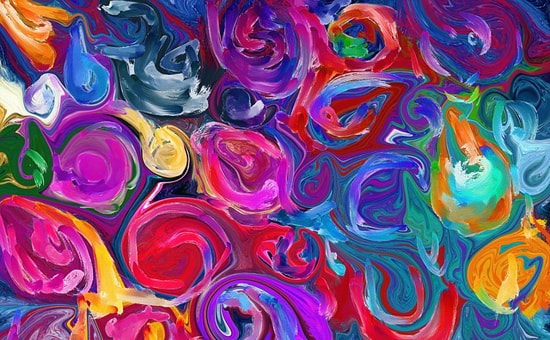Researchers measured the "sensory gating" – the neurological process of filtering irrelevant environmental stimuli to keep your brain from being overloaded – of people with a creative achievement in the fields of art, dance, music, architecture, writing, humour, scientific invention, and more. People with known creative achievements show a lower ability to block irrelevant stimuli from consciousness. The reason is that creative people may have a greater tendency to pay attention to a wide range of stimuli in their environment.
The researchers’ explanation would make sense in historical context. Some of the greatest creative minds in history have been downright reclusive, perhaps because of a sensitivity to noise and other sensory input.
Read more at Fast Company

